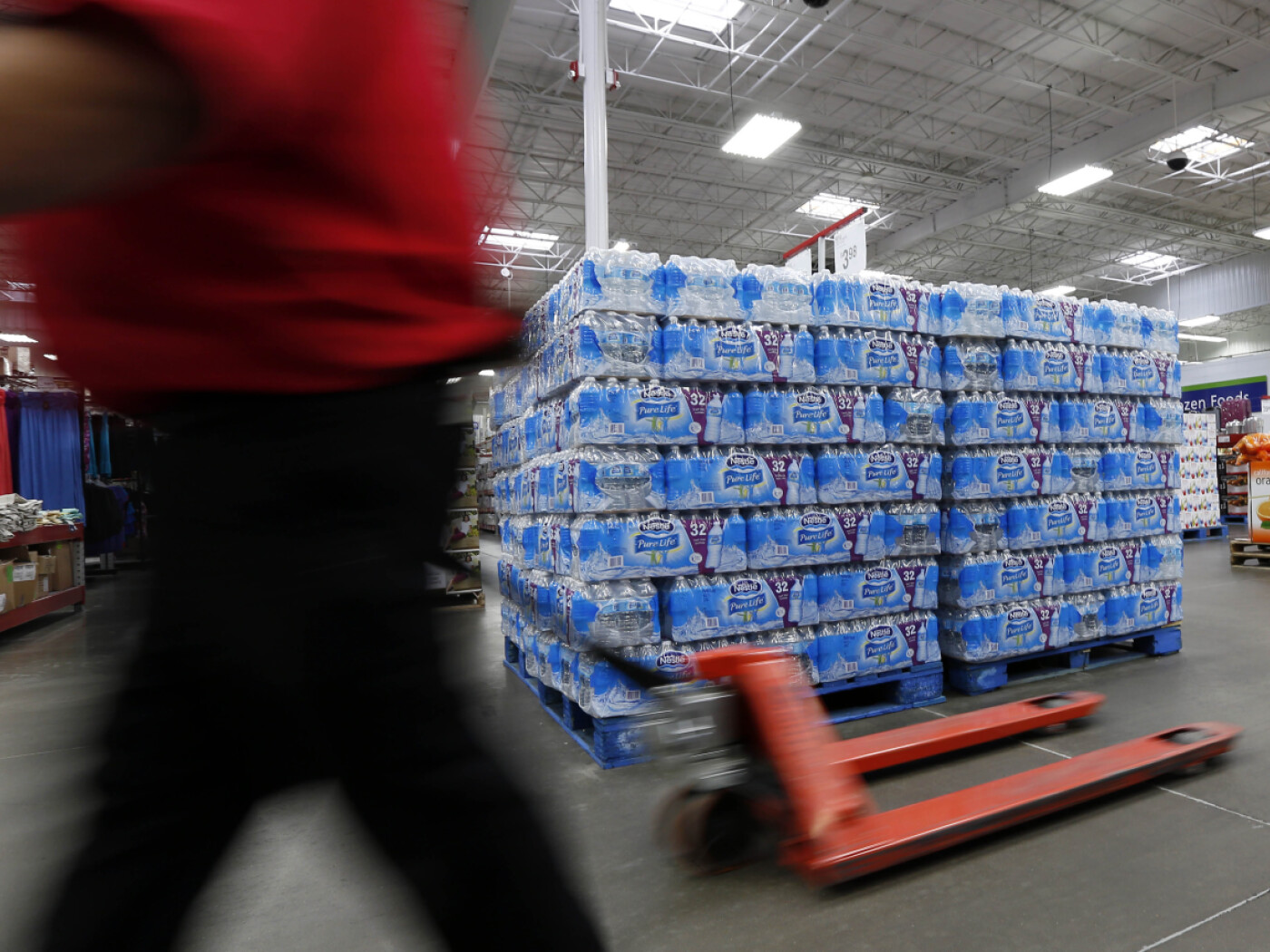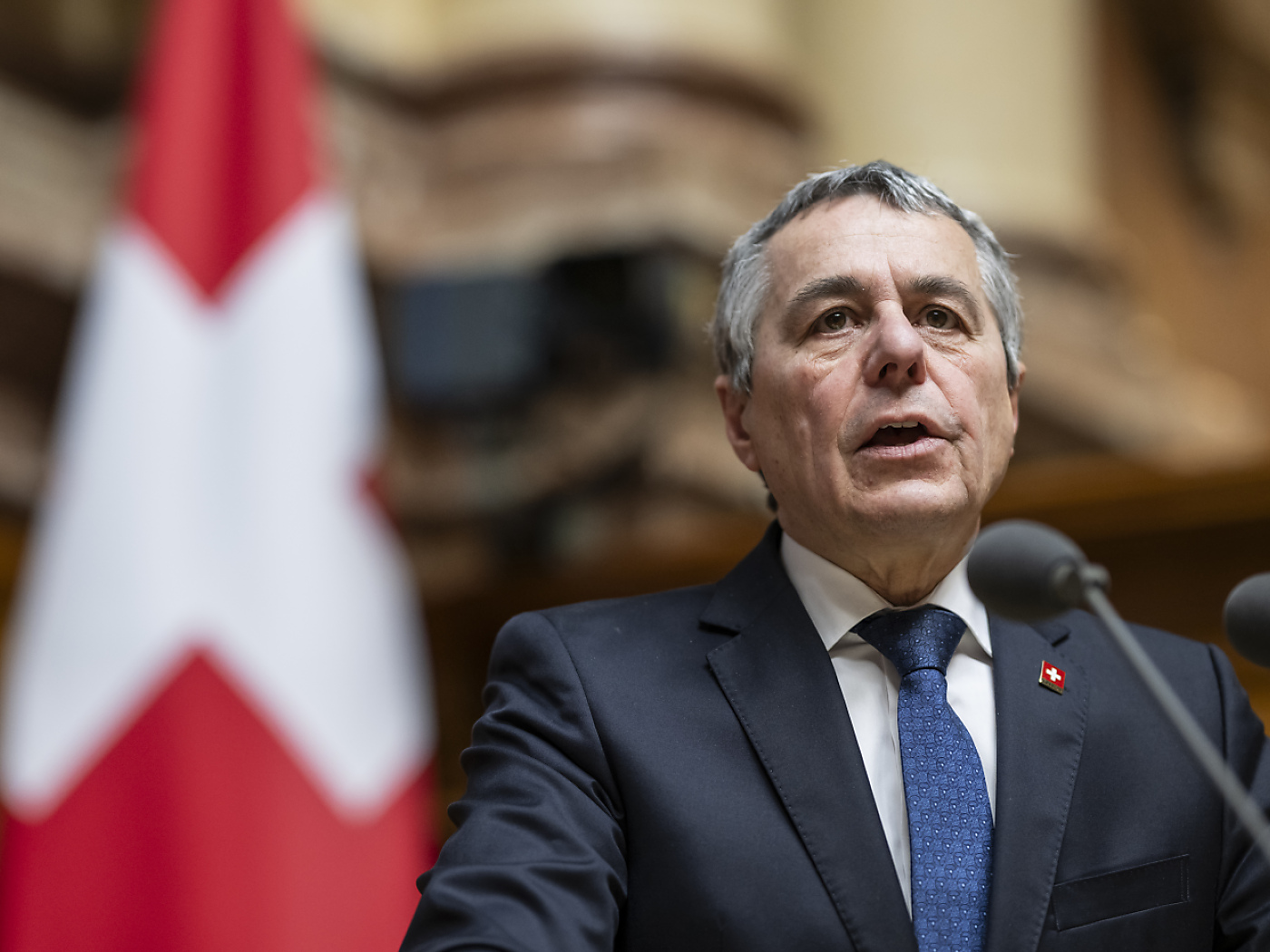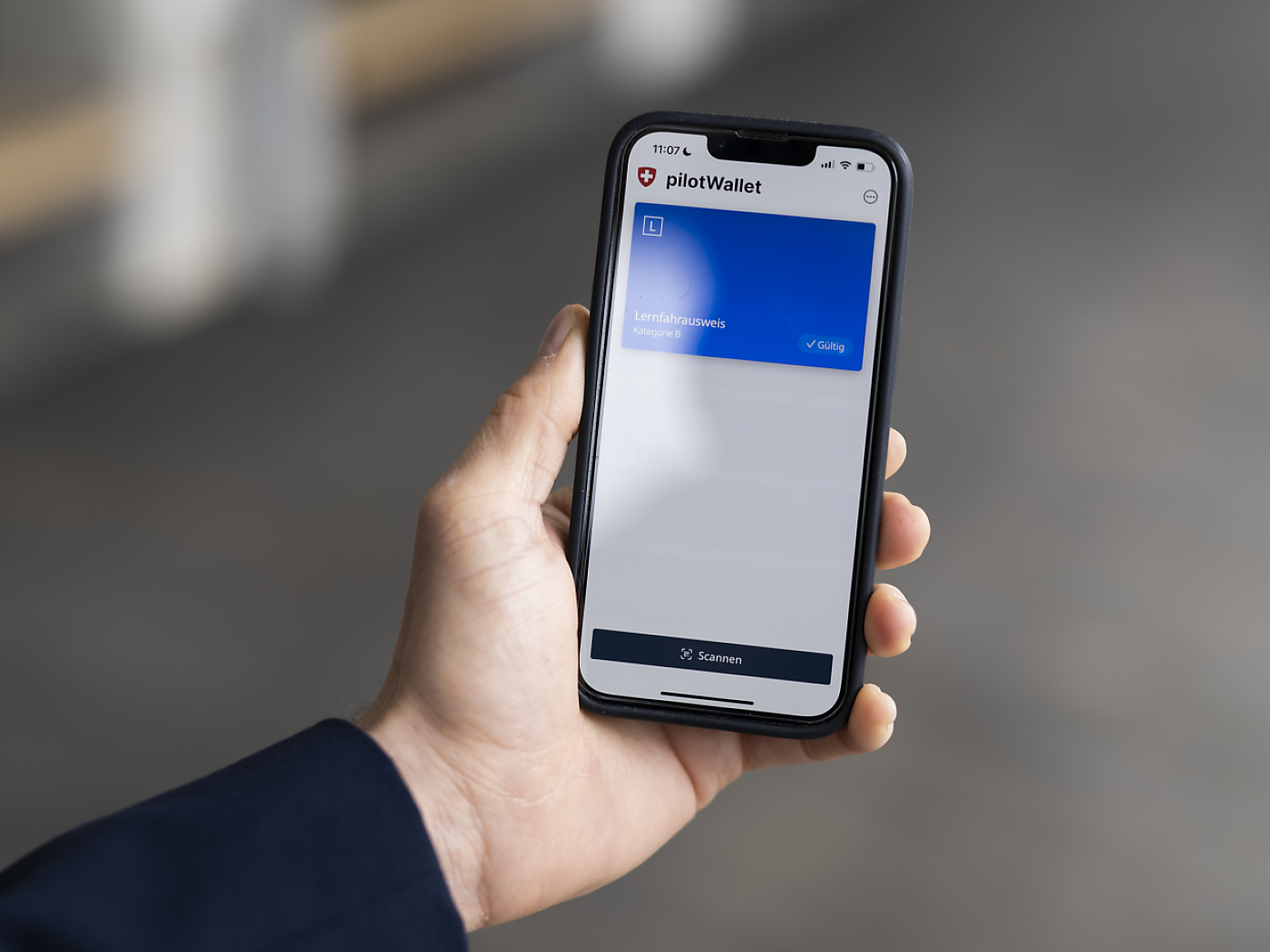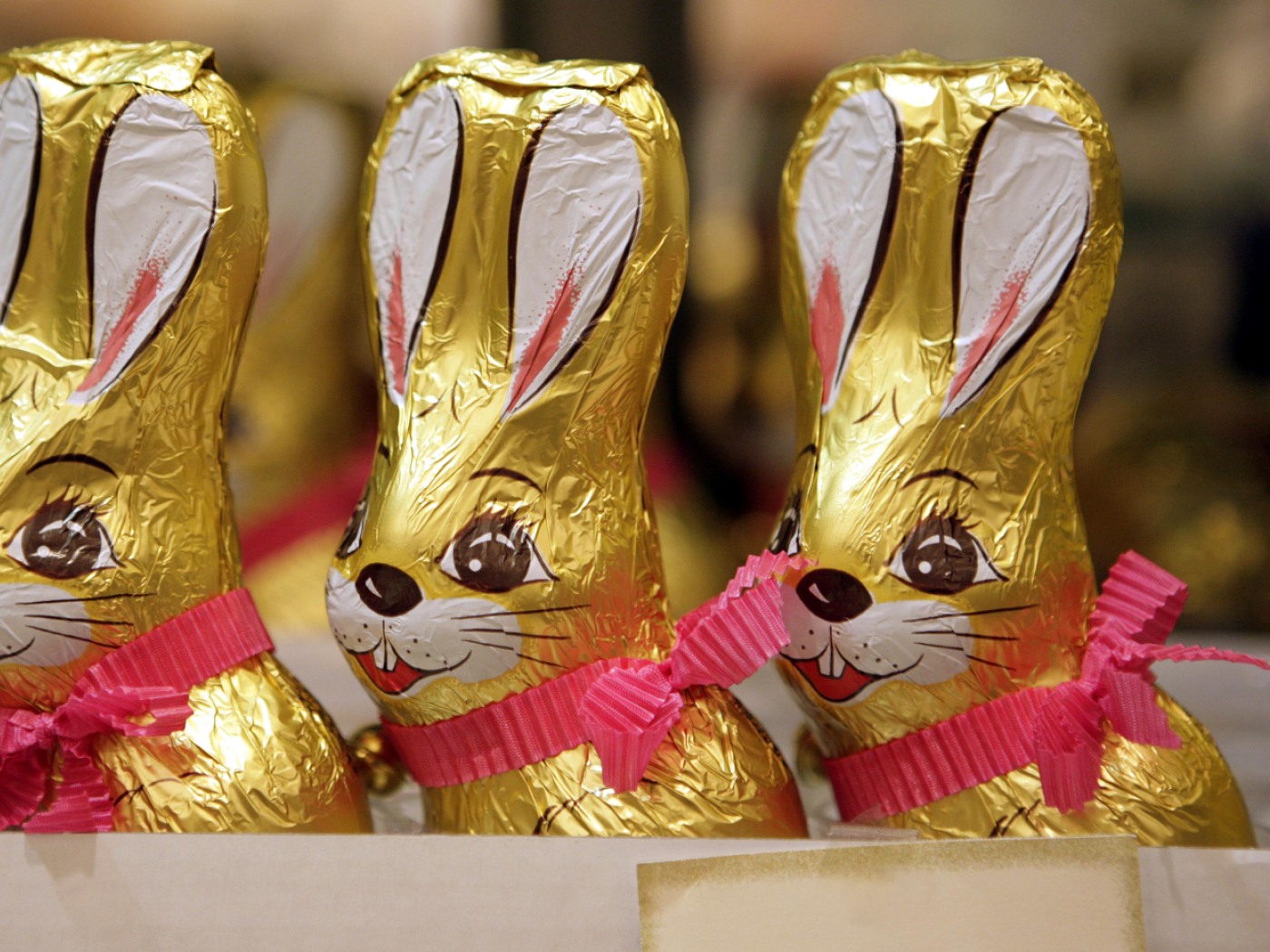Nestlé defends its mineral water after scandal

"All our waters today are pure at source," Muriel Lienau, general manager of Nestlé Waters, told AFP after press revelations of banned water treatment processes.
+Get the most important news from Switzerland in your inbox
Lienau is asking for clarification on the microfiltration processes used on mineral waters in France.
“The food safety of our products has never been at stake, and consumer health safety has always been assured. The mineral composition of our waters has never been altered. […] We have never put pressure on any public decision-maker,” says Lienau, who took over as head of the Swiss group’s new water division (Nestlé Waters & Premium Beverages) in January.
She denounces the information as “anxiety-provoking” for consumers and the 1,500 employees of Nestlé Waters in France.
+ Nestlé Waters on trial in France over illegal waste dumps
A year after the first revelations about prohibited treatments (carbon filters, UV) used by Nestlé on its mineral waters until 2023, the media on Tuesday accused the French government of having given in to the group’s lobbying, allowing it to market water that does not comply with regulations and poses health risks.
Radio France and Le Monde refer to a January 20, 2023, memo from Director General of Health Jérôme Salomon, which recommended “immediate suspension of the authorisation to operate and package water for the Nestlé sites in the Vosges” (Hépar, Contrex, Vittel) and to extend this ban “to the Perrier bottling site” in the Gard region.
Salomon cited a report by the French National Health Safety Agency (Anses) on the use of microfilters smaller than 0.8 micrometres, which concluded that water leaving wells was “not microbiologically healthy”.
‘Clarify’ the regulations
European regulations do not specify the threshold above which filtration is considered disinfection, which is forbidden for natural mineral waters, but an opinion issued by Afssa (formerly Anses) in 2001, which serves as case law, sets it at 0.8 micrometres.
“Microfiltration is widely used throughout industry. So it’s strategic for the sector to be able to clarify” this European regulation with a “technical reflection”, Lienau said.
A parliamentary commission of inquiry, which Lienau declined to comment on, is currently investigating the practices of bottled water manufacturers.
+ Macron denies involvement in Nestlé Waters scandal
According to Lienau, the effects of the “0.8 micrometre ceramic microfiltration authorised by Afssa (ex-Anses)” are the same as those of the “0.2 micrometre cartridge microfiltration” used by the group: “these are not means of disinfection”.
According to Radio France and Le Monde, the Occitanie regional health agency has concluded that the group’s microfiltration has a “proven disinfectant effect”.
Microfiltration to 0.2 micrometres is part of the “transformation plan” applied by Nestlé and accepted by the government a few weeks after the note from the Director General of Health.
“This is how we guarantee food safety […] We don’t recommend anyone in the industry to operate without this microfiltration,” added Lienau, asking for its authorisation by the authorities since it allows “to manage the creation of biofilms” (agglomerated bacteria) “between the source and the bottling plant”.
‘Sporadic deviations’
Lienau says all water is “pure at source” and that “there may be very sporadic deviations”, particularly in the Gard region after heavy rain, but that controls make it possible to “stop a borehole if necessary”.
In April, Perrier had to stop drilling and destroy two million bottles “as a precaution”, after the discovery of bacteria “of faecal origin” following heavy rain.
In an August report quoted by Radio France and Le Monde, the ARS Occitanie “invited” Nestlé Waters to “strategically examine another possible food use for the current mineral water catchments”.
Nestlé Waters has created a new brand, Maison Perrier, for drinks made from treated water and sold without the mineral water label.
Between 1.2 and 1.7 billion bottles of Perrier and Maison Perrier are produced each year and sold in around 150 countries.
“We believe that the sources we are responsible for can be protected and managed over the long term” through investment, said Lienau, despite a “vulnerability” that will “only increase”.
Translated from French by DeepL/ts
This news story has been written and carefully fact-checked by an external editorial team. At SWI swissinfo.ch we select the most relevant news for an international audience and use automatic translation tools such as DeepL to translate it into English. Providing you with automatically translated news gives us the time to write more in-depth articles.
If you want to know more about how we work, have a look here, if you want to learn more about how we use technology, click here, and if you have feedback on this news story please write to english@swissinfo.ch.

In compliance with the JTI standards
More: SWI swissinfo.ch certified by the Journalism Trust Initiative


















You can find an overview of ongoing debates with our journalists here . Please join us!
If you want to start a conversation about a topic raised in this article or want to report factual errors, email us at english@swissinfo.ch.